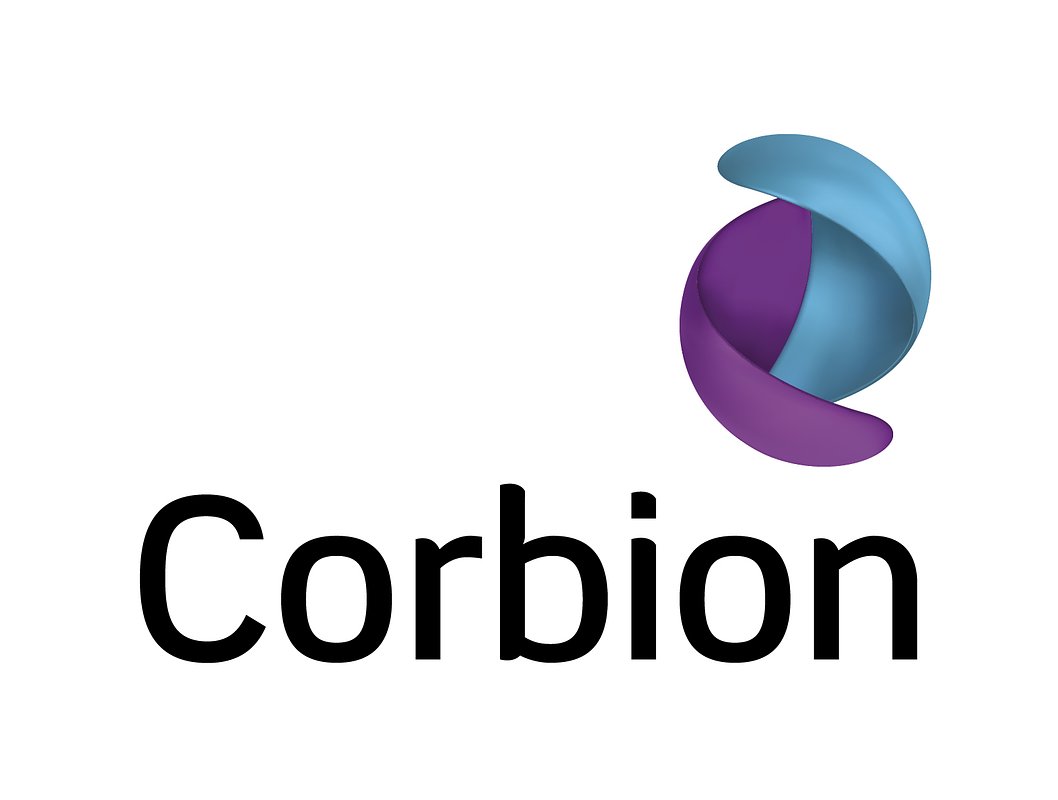
Corbion Charts Sustainable Growth with Algae, Biomedical Polymers & Portfolio Review
Dutch ingredient firm Corbion unveils 'BRIGHT 2030' strategy, prioritizing clean-label foods, innovative algal fermentation, and a strategic review of its PLA bioplastics business. A deep dive into the company’s ambitious plans.
Corbion Charts Sustainable Growth with Algae, Biomedical Polymers & Portfolio Review
AMSTERDAM, NETHERLANDS – November 20, 2025
Corbion, a leading sustainable food ingredient and biomedical polymer company, today unveiled its ‘BRIGHT 2030’ strategy at its Capital Markets Day. The plan outlines a path to growth and profitability centered around sustainability, innovation, and a sharpened strategic focus. The company is doubling down on natural food preservation, expanding its algal fermentation capabilities beyond Omega-3s, and investing in biomedical polymers, while simultaneously undertaking a strategic review of its Polylactic Acid (PLA) bioplastics portfolio.
Shifting Focus to Sustainable Food & Clean Label Ingredients
Corbion’s ‘BRIGHT 2030’ strategy is a direct response to growing consumer demand for natural, sustainable, and clean-label food ingredients. The company is positioning itself as a key supplier to the food industry, offering solutions that enhance nutrition, improve preservation, and reduce environmental impact. “We are seeing a fundamental shift in consumer preferences,” said one industry analyst. “Consumers are increasingly willing to pay a premium for products that align with their values, and Corbion is well-positioned to capitalize on this trend.”
The company's emphasis on natural preservation techniques – alternatives to artificial preservatives – is gaining traction in a market increasingly wary of synthetic additives. This segment is bolstered by the trend for minimally processed foods, which require effective and natural preservation methods to maintain shelf life and quality. Corbion's portfolio of functional blends, minerals, and vitamins are also key to this offering, creating complete solutions for food manufacturers.
“There's a clear understanding that sustainability isn't just a marketing buzzword; it’s becoming a business imperative,” commented another industry insider. “Companies that proactively address environmental concerns and offer sustainable solutions will have a significant competitive advantage.” Corbion aims to have over 85% of its revenues contribute to UN Sustainable Development Goals by 2030, signaling a commitment to environmental and social responsibility.
Beyond Omega-3: Expanding Algal Fermentation Capabilities
Corbion's expansion into algal fermentation represents a significant investment in a promising area of sustainable innovation. While the company is already a leading provider of algae-derived Omega-3 oils, the ‘BRIGHT 2030’ strategy outlines a broader vision for leveraging algal fermentation to produce a wider range of functional ingredients for both human and animal nutrition.
“Algae offer a unique opportunity to create sustainable and nutritious ingredients,” said a source familiar with Corbion's research and development efforts. “They can be grown with minimal land and water, and they are a rich source of proteins, vitamins, and other essential nutrients.” This is particularly relevant for the pet food industry, where demand for sustainable and healthy ingredients is rapidly growing.
The company is exploring applications of algal fermentation in the production of alternative proteins, pigments, and other functional ingredients that can enhance the nutritional profile and sustainability of pet food formulations. This expansion aligns with the broader trend towards premiumization and naturalization in the pet food market. Competition within algal fermentation is increasing, with several companies actively exploring novel applications, underscoring the significant potential of this emerging technology.
Strategic Review of PLA Portfolio: A Shift in Bioplastics Strategy?
Perhaps the most intriguing aspect of Corbion’s ‘BRIGHT 2030’ strategy is the announced strategic review of its Polylactic Acid (PLA) portfolio. This decision suggests a potential re-evaluation of the company’s commitment to the bioplastics market. While PLA is a promising sustainable alternative to traditional plastics, the market faces challenges related to cost competitiveness, scalability, and end-of-life infrastructure.
“The PLA market is still maturing,” said one analyst specializing in bioplastics. “While demand is growing, profitability remains a concern for many players.” Corbion’s decision to review its PLA portfolio suggests it may be exploring options such as divesting its stake in the Luminy® PLA joint venture with TotalEnergies, restructuring the joint venture, or focusing on specific niche applications where PLA offers a clear competitive advantage.
The company’s strategy emphasizes a focus on high-value segments and maximizing return on investment. A divestment or restructuring of the PLA business would allow Corbion to allocate capital to areas with higher growth potential, such as food ingredients and biomedical polymers. The long-term viability of PLA depends on the ability to lower production costs, improve material performance, and develop robust composting infrastructure. Corbion’s decision to review its PLA portfolio reflects the complex dynamics of the bioplastics market and the need for strategic clarity.
Investing in High-Value Biomedical Polymers
Corbion is also doubling down on its investments in biomedical polymers, recognizing the growing demand for biocompatible and bioresorbable materials in the healthcare industry. The company’s expertise in lactic acid and its derivatives provides a unique advantage in the production of these high-value materials, used in a variety of applications, including drug delivery, tissue engineering, and medical devices.
The company is focusing on developing innovative polymer formulations with improved performance characteristics, such as enhanced biocompatibility, controlled degradation rates, and tailored mechanical properties. It sees significant growth opportunities in the development of personalized medicine and regenerative therapies, where biocompatible materials play a crucial role. Competition in the biomedical polymers market is intense, with several established players vying for market share. Corbion’s strategy is to differentiate itself through innovation, sustainability, and a focus on high-value applications.
Corbion’s financial targets for 2026-2028 include an organic sales growth of 3-6% per annum and an Adjusted EBITDA margin of approximately 18%. These targets reflect the company’s confidence in its ability to execute its ‘BRIGHT 2030’ strategy and deliver sustainable growth.
